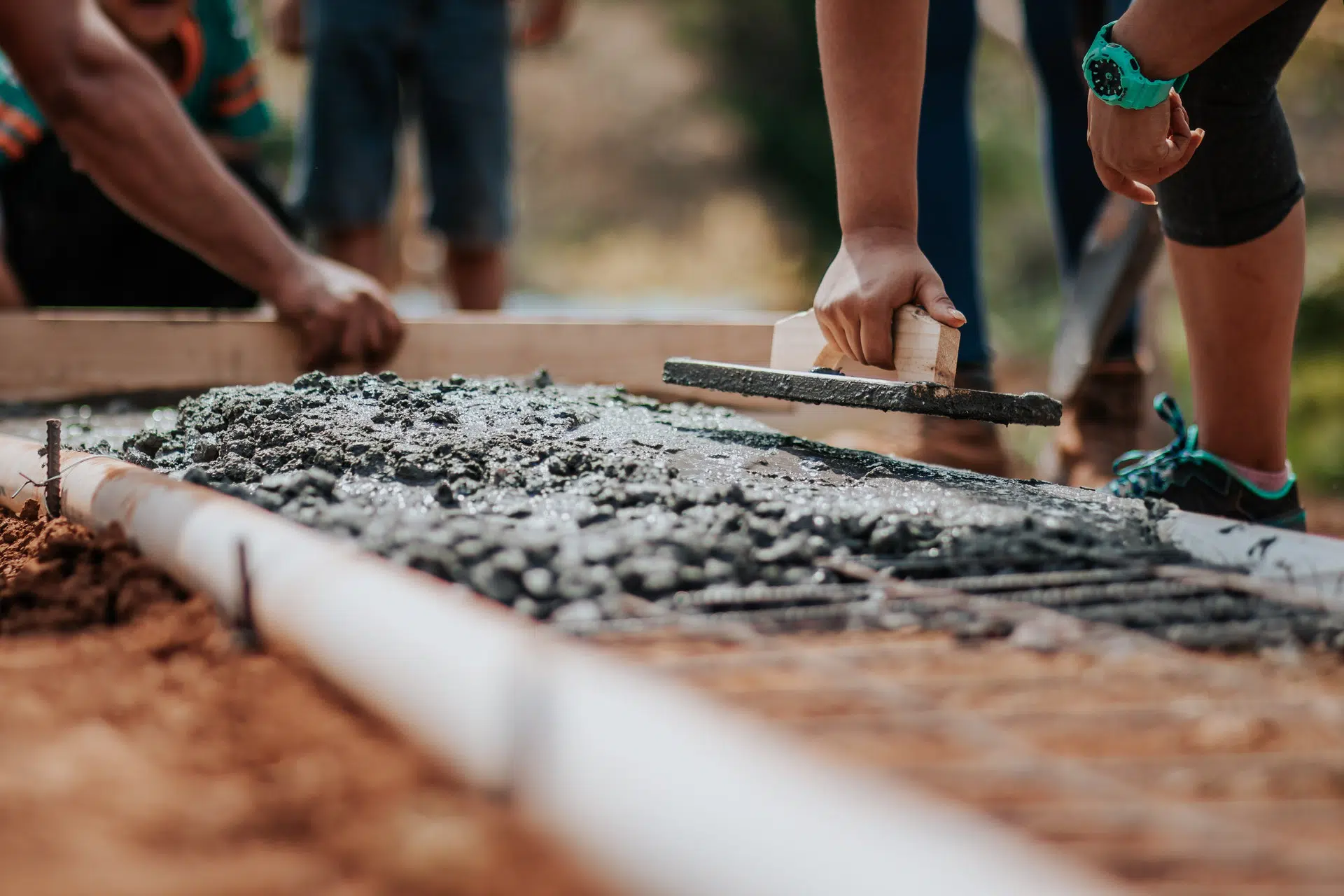If you take out a construction deposit (or in Dutch: bouwdepot), the tax return for that year may be more exciting than other years because you can deduct certain costs from your taxable income. But what is a bouwdepot, and when do you need it? In this article, we will get you started with the tax benefits of the construction deposit.
What is a construction deposit?
You often take out a construction deposit (bouwdepot) when you buy a new-build home or want to renovate an existing one. You can finance this renovation through your mortgage: this money will go into the construction deposit. It is intended to pay the materials and other construction costs for a new home or renovation. The amount you include in a bouwdepot depends on two factors:
- The renovation work that should be done.
- The value of the house (before and after renovation). To determine the height of the construction deposit, you need a valuation of your house before and after the renovation. Based on this, the bank makes a proposal.
How do you claim money from the deposit?
If you are going to renovate your new house, you can use the money in the construction deposit. To do this, you have to make a claim to your bank. You can choose to receive the money yourself or to transfer it directly to a supplier.
You will receive interest on the money in the construction deposit that you have not yet drawn down, which is (almost) as high as the mortgage interest. You only pay interest on the part that you have withdrawn from the deposit (bouwdepot). If you still have money left in the construction deposit after the renovation is complete, this will be repaid from your mortgage debt when the deposit is closed.
Construction deposit: box 1 or box 3?
In principle, the deposit belongs in box 3 (assets). However, you may temporarily place the construction deposit in box 1, which means that the interest on the deposit is tax-deductible. The part of the loan that is not classified as home acquisition debt belongs in box 3. Think, for example, of a construction deposit on a second home or if it cannot be classified in box 1 based on the additional credit regulation (bijleenregeling).
Consequences of the construction deposit for the Dutch tax return
When you take out a construction deposit (bouwdepot), you may deduct several costs from your taxable income. The result is that you pay less tax. Financing costs are deductible once: in the year of the mortgage application. Examples of financing costs are:
- valuation costs;
- costs of mortgage advice;
- notary fees mortgage deed.
Renovating or a new build house? The interest deduction
Next to the financing costs, you may deduct the mortgage interest every year. This also counts for the interest you paid on the money you took out of the construction deposit (bouwdepot). As stated earlier, you receive and pay interest. The interest you pay on the loan is deductible up to 2 years as long as you use the building fund account for renovation or new construction, also known as the tweejaarsregeling (two-years arrangement). Therefore, keep all accounts carefully: you must be able to prove that you have used the loan for the renovation or new construction. Two situations are possible:
You’re using the deposit for renovating an existing house (verbouwingsdepot). The interest you pay over the loan is deductible, which reduces your box 1 income. For the first six months, the received interest is not deducted from the paid interest. Over the remaining 18 months, the interest you receive will be deducted from the interest you pay. You may deduct the remaining amount from your taxable income.
You’re using the deposit for new-build properties (nieuwbouwdepot). The mortgage interest is also deductible when you buy a new-build home. The difference compared to a renovation deposit is that, in the case of a new-build home, the interest you receive from the deposit is deducted directly from the interest paid (also in the first six months). You may deduct the remaining amount from your taxable income in box 1.
What happens with the interest deduction after 2 years?
After two years, the interest on the loan in the construction deposit is no longer deductible. On the other side, the interest you receive is not taxed. Do you still use part of the loan for the renovation or new construction? In that case, only the interest on that specific amount is deductible in box 1. Are you not using part of the deposit yet? This is seen as property in box 3; the loan itself is a debt in box 3.
We are happy to help!
Did you take out a construction deposit (bouwdepot), and do you want help with your tax return? Or would you like to discuss the possibilities? We are happy to help you with your income tax return or provisional assessment. Contact us using the details below.
Contact form:
Fill in our contact form and we will get in touch!
Call us:
+31 (0)20-2170120




